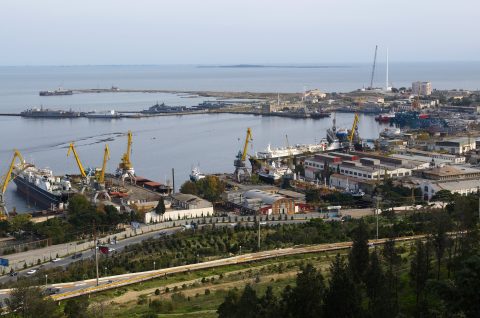Duisport and Port of Hamburg here to stay on the Silk Road

Germany and the Silk Road have a long-standing tradition. It started when the first Eurasian train departed Chongqing in Southeast China on 19 March 2011, with its final destination being Duisburg in Germany. The corridor might have undergone multiple shifts since then; however, German hubs like Duisport and the port of Hamburg claim they are here to stay and work closer together.
Do you want to read the full article?
Thank you for visiting RailFreight.com. Become a member of RailFreight Premium and get full access to all our premium content.
Are you already a member?
Having problems logging in? Call +31(0)10 280 1000 or send an email to customerdesk@promedia.nl.




